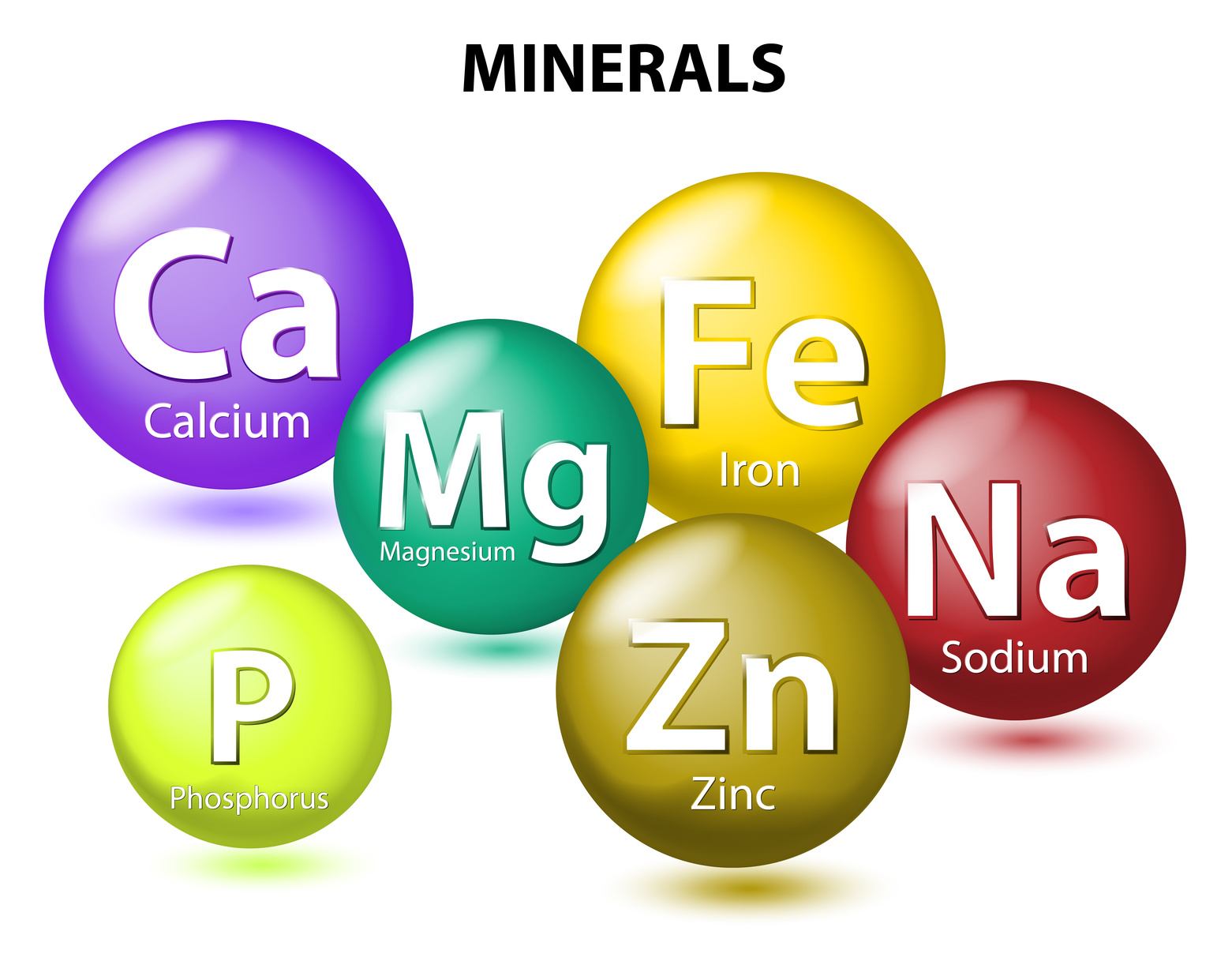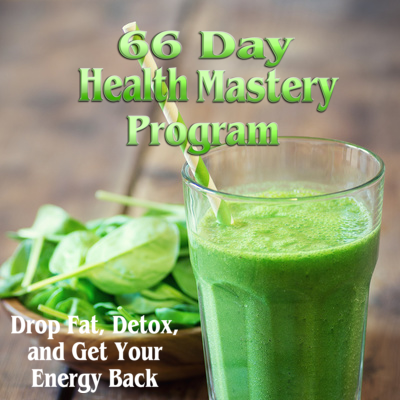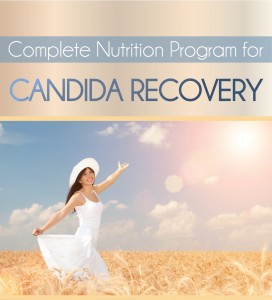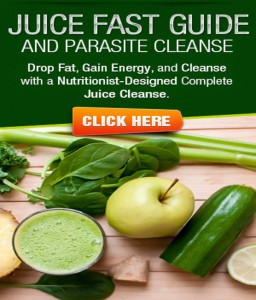Have you ever heard the statement that if you eat a “healthy well-balanced diet”, you don’t need to take any supplements? Or, that if you eat Paleo, or Vegan, or Raw, (or whatever diet being espoused) your body will receive exactly what it needs for optimal health? I know I have. And it’s unfortunate.
I say unfortunate because it’s not based on the evidence available to us. It is a well-researched fact that over the last 60 years, soil quality has become so poor that even a person eating a “near perfect” diet will be deficient in some critical minerals and vitamins. The reality is that even in our healthiest foods, today’s fruits and vegetables are nowhere near as rich in vitamins and minerals as the varieties people were consuming 60 years ago. This is due to soil depletion. Modern agricultural methods have stripped many nutrients from the soil, and each new generation of fast-growing, insect-resistant food is less healthy than the previous one.
A landmark study of 43 different vegetables and fruits, done by the University of Texas, and published in the Journal of the American College of Nutrition, found significant decline in the amount of calcium, phosphorus, iron, vitamin B2 and vitamin C over the past 50 years in all 43 foods studied. Their conclusion was that this is due to the fact that farming today is designed to improve traits (size, growth rate, pest resistance) and not nutrition. This was confirmed by a US Dept. of Agriculture official quoted in Diet for a New America by John Robbins, “…halting soil erosion and degradation would be prohibitively expensive.”
In other words the situation is not going to be fixed any time soon. NPK Commercial fertilizers containing only nitrogen, phosphorus and potassium were introduced to farming in the 20th Century, which over time has caused extensive mineral depletion, as well as a weakening of crops which in turn make them more subject to insects. This forces the farmers to use even more toxic chemicals to kill the insects.
Individuality In Nutrition
Many people look for a blanket recommendation, an easy answer, or a “one-size fits all” approach. To this degree, I’ve seen people proudly post their blood test results online to prove that their recommended diet yields the picture of health. But I have yet to see a blood test from anyone that covers all of the macro and micronutrient levels, including major and trace minerals like sulfur, magnesium, molybdenum and chloride.
I do always recommend blood tests as the starting point for working with a qualified nutritional counselor as to what nutrients you specifically need. However, I also provide you with this caveat – many deficiencies take a while to show up on a blood test as the body goes to great lengths to keep blood levels stable. For example, magnesium is stored within cells and bones, so a simple serum level won’t tell you much. You would die very quickly of heart problems if your blood magnesium levels were low, so the regulatory systems in the body work hard to make sure your blood levels remain within a certain range, even if your body is relatively deficient. Very similar to the acid-alkaline balance issue which erroneously leads many people to claim that we do not need to concern ourselves with eating an alkaline diet, simply because the body works so hard to make sure we stay within the correct range. What is not readily showing up on a blood test is often the most dangerous.
Most important however is the fact that one person’s blood test is wholly unrelated to yours, or mine. There are hundreds of factors that go into our ability to extract nutrients from the food we eat, and no two people are alike in that respect.
For example, if you are exposed to a lot of stress or you smoke, or you take certain over the counter or prescription medications, you will deplete large amounts of vitamin C. You may be quite capable of converting plant based ALA from chia and hemp seeds into the much needed DHA and EPA, while another person is incredibly inefficient at doing so. You may have candida, parasites, or leaky gut — all conditions which diminish even further, the amount of nutrients your body can use. Maybe you are consuming 100% organic fruits and vegetables grown in mineral-rich volcanic soil, but someone else is consuming mass produced organic fruits and vegetables grown in much more sparse soil conditions in China, picked prematurely, and then making a long journey to the local Costco. Yet another person is consuming conventional produce complete with added pesticides, herbicides, and waxes – all of which lessen nutritional content as well as burden the liver, reducing its efficiency to assimilate nutrients from the food.
What Does A Healthy Diet Even Look Like?
Furthermore, when people tell you “eat healthy and you don’t need supplements” what does it even mean? How many people truly know precisely what constitutes a “healthy” diet – in terms of macronutrients (proteins, carbs and fats) and micronutrients (vitamins, major minerals and trace minerals) in order to determine if they are even eating a “healthy diet”?
One stark example is the growing and disturbing trend of non-evidence based advice to consume animal parts, organs, broths, bones, and brews in the name of “good health”. Advice that wholly ignores substantial research proving that one of the major factors in determining the likelihood of developing cancer is protein intake, and that animal protein consumption leads to a much higher risk of death from both cancer and diabetes! And, that even moderate animal protein eaters are three times more likely to die of cancer than low-protein eaters.²
How is that healthy, and what are we to do?
But even if you have studied the research, educated yourself with fifty years of nutrition science, and understand that a high raw, plant based, low protein, moderate to low fat diet is the optimal diet for overall health, how many of us during a busy week, are sitting down and planning out a diet that includes all of the necessary vitamins and minerals? How many ensure they are getting sufficient calories each and every day, eating a wide and rotating variety of plant foods, making sure at least 50% of those foods are in their raw unadulterated state?
The number would be hard to pin down, but when you look around and see the number of depressed moods, insomnia, hormonal imbalances, acne, low energy, low or no sex drive, stiff joints, inflammation, nerve pain, infertility, diabetes, cancer and heart disease, it’s beyond obvious that our nutrition is suffering greatly.
So What is The Deal With Minerals Anyway?
There are many essential minerals for optimal health, and only a few are available in any kind of significant quantity in most of the food we eat today.
Essential Minerals Like:
- Potassium: Needed for proper fluid balance, nerve transmission, and muscle contraction
- Magnesium: Needed for making protein, muscle contraction, nerve transmission, immune system health
- Chloride: Needed for proper fluid balance and maintenance of stomach acid
- Phosphorus: Important for healthy bones and teeth; found in every cell of the body; part of the systems that maintain the acid-alkaline balance in the body
- Iron: Found in red blood cells that carries oxygen in the body; needed for energy metabolism
- Zinc: Necessary to form genetic material; has a function in taste perception, wound healing, fetal development, production of sperm, sexual maturation, immune system health
- Iodine: Found in thyroid hormone, which helps regulate growth, development, and metabolism
- Chromium: Works with insulin to regulate blood glucose levels
Even serious health issues like fibromyalgia are now being linked directly with mineral deficiencies. Researchers are looking at fibromyalgia as a disease of oxidative stress, and mineral deficiencies are known to predispose us to oxidative stress. As an example, magnesium plays a critical role in turning the food we eat into energy used by the cells. So, muscle cells could be low in magnesium while the blood levels were within normal limits (to preserve the heart). And over time, despite “normal” looking blood tests, this low magnesium could cause problems with muscle cells turning fuel into energy, thus fatigue, weakness, and pain.
The reality is that even if your diet is close to ideal, you eat 100% organic and all of your approximately 2000 or more calories per day come from only superior plant based foods, picked at the peak of freshness and consumed immediately, and you have very little stress in your life, get plenty of daily sun, great and deep sleep, and exercise daily, you still require some supplements due to variables in digestion, metabolism, liver function, environment and other intrinsic factors. Vitamin D is a perfect example. If you live in a latitude North of Atlanta, Georgia, then for at least 5 months out of the year you absolutely need Vitamin D supplementation.
Are There Any Concerns With Taking Supplements?
Yes. Certain vitamin and mineral supplements can be a problem due to low quality of the supplement, or too much of certain nutrients that are often found in many non-food based “multi-vitamin” supplements that can have toxic effects. For example I do not recommend taking supplements that contain vitamin A or folic acid to my own family or personal clients, because there are too many risks involved with these supplements. Excess vitamin A or beta-carotene, isolated in supplements, can interfere with the absorption of other crucially important carotenoids, such as lutein and lycopene, increasing cancer risk. Synthetic folic acid, which almost all pregnant women are told to take in their prenatal vitamin, is directly linked with a significant increase (20 to 30%) in breast cancer risk.¹
I also recommend avoiding elemental mineral supplements, and recommend only chelated high quality brands.
Supplement Not Replace
Keep in mind that supplementation should add to a foundation of a healthy diet. Your main focus should be to eat well! Supplements can never be substitutes for a healthy diet. This is always an area of concern in discussing supplements because they can sometimes give people the confidence to eat less healthy foods. In that case, they are not helpful. They are designed to take a healthy diet to the level of optimal, not to make an unhealthy diet into a healthy one.
Ultimately, I recommend that you get blood tests to see where your current levels are, at least for what is measurable. And, work with a qualified nutrition coach or counselor who can recommend a program that is right for you. Think long and hard before working with someone who tells you “if you eat healthy, you don’t need to take supplements.” Everyone has different chemistry, needs, chronic conditions, stress levels, absorption issues, and thus recommendations must be specific to you.
- For discussion on the folic acid breast cancer link, see HERE: https://www.drfuhrman.com/library/harmful_ingredients_in_supplements.aspx
- Protein-cancer connection: https://www.elsevier.com/connect/controlling-protein-intake-may-be-key-to-longevity
SEE ALSO “The average American diet, which is high in protein and low in fruits and vegetables, generates a large amount of acid, mainly as sulfates and phosphates, which the skeleton supplies buffer by active resorption of bone…A diet high in acid-ash proteins causes excessive calcium loss because of its acidogenic content”. See HTTP://WWW.NCBI.NLM.NIH.GOV/PUBMED/9614169

